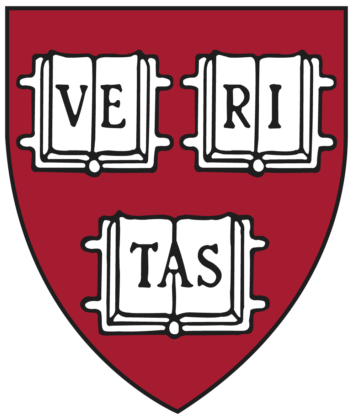World Economic Forum Global Agenda Council
The World Economic Forum launched a Global Agenda Council on “Negotiation and Conflict Resolution,” chaired by Daniel L. Shapiro, Ph.D., Director of INP. The members of the Global Agenda Council on Negotiation and Conflict Resolution included heads of state, leaders of non-governmental institutions, world-renowned mediators, and distinguished academics from around the world.
The purpose of this Council was to provide strategic thinking on global issues of conflict resolution and to help set the agenda for the World Economic Forum’s Annual Meeting in Davos, Switzerland. As Shapiro notes, “The Global Agenda Council on Negotiation and Conflict Resolution is uniquely poised to provide a truly global set of ideas to help world leaders deal with the challenges of contemporary conflict, whether intrastate, regional, or international.”
Members of the Council included:
* Daniel Shapiro, Chair
* Bertie Ahern, Prime Minister of Ireland (1997-2008)
* Betty Bigombe, Distinguished African Scholar, Woodrow Wilson Center for International Scholars
* Kjell Magne Bondevik, President, Oslo Center for Peace and Human Rights; Prime Minister of Norway (1997-2000; 2001-2005)
* Chester Crocker, Professor of Strategic Studies, Georgetown University
* James Gilligan, Collegiate Professor, New York University
* Shamil Idriss, Deputy Director, Office of the Alliance of Civilizations, United Nations
* Jessica Mathews, President, Carnegie Endowment for International Peace
* Jonathan Powell, Senior Managing Director, Investment Banking Division, Morgan Stanley, United Kingdom; Chief of Staff to Tony Blair
* Mary Robinson, President, Realizing Rights: The Ethical Globalization Initiative; former President of Ireland; former United Nations High Commissioner on Human Rights
* Herbert Salber, Director, Conflict Prevention Centre, OCSE, Austria
* Jiro Tamura, Professor of Law, Keio University, Japan
The Global Agenda Council on Negotiation and Conflict Resolution will met four times over 2008, including a meeting in Dubai in early November.
Global Agenda Councils represent a transformational innovation in global governance, creating multistakeholder groups composed of the most innovative and influential minds for the purpose of advancing knowledge as well as collaboratively developing solutions for the most crucial issues on the global agenda.
Global Agenda Councils challenge prevailing assumptions, monitor trends, map interrelationships and address knowledge gaps. Equally important, Councils also propose solutions, devise strategies and evaluate the effectiveness of actions using measurable benchmarks.
In a global environment marked by short-term orientation and silo-thinking, Global Agenda Councils foster interdisciplinary and long-range thinking to address the prevailing challenges on the global agenda.
